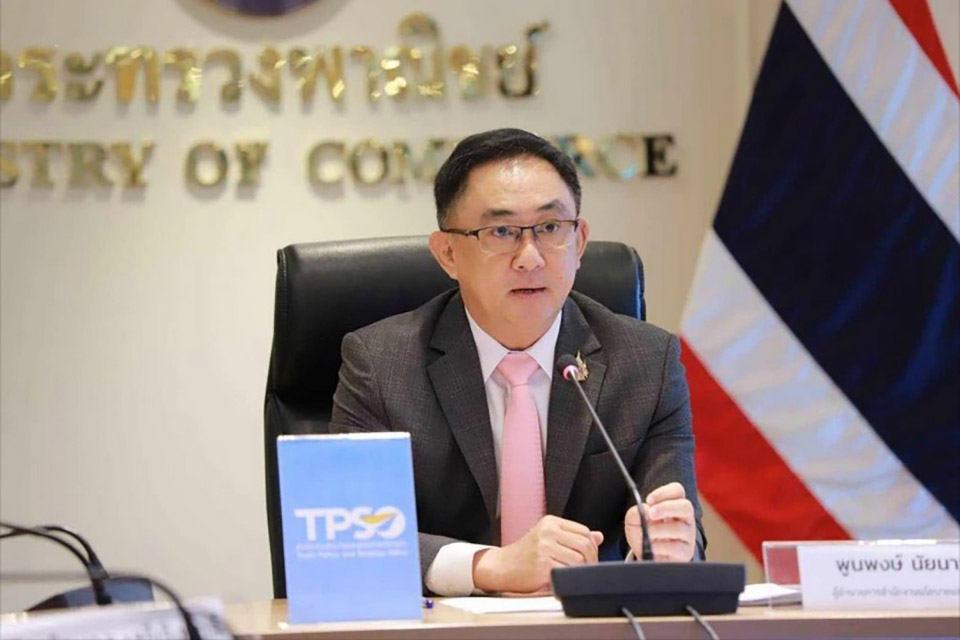
BANGKOK, Thailand – The Ministry of Commerce has been closely monitoring inflation rates across ASEAN countries for the first half of 2024, revealing that Brunei experienced the lowest inflation rate, even recording a slight deflation. Thailand ranked second with stable inflation, while the other eight countries saw increases, with Laos experiencing the most significant surge.
Director of the Trade Policy and Strategy Office (TPSO), Poonpong Naiyanapakorn, reported that the TPSO tracked inflation data across ASEAN from January to June 2024 to provide an overview of each country’s economy. This data is crucial as ASEAN countries are key trade partners for Thailand, and understanding these trends helps in planning to maintain Thailand’s competitiveness in the region.
Key findings from the survey are as follows:
– Brunei recorded the lowest inflation rate, at -0.26%, primarily due to a decrease in housing and utility costs, including electricity, water, and gas. Brunei’s economy, heavily reliant on oil and gas exports, was also affected by global oil price fluctuations. However, effective government policies have kept inflation low, with the Brunei Central Bank predicting inflation to range between -0.5% and 0.5% for 2024.
– Thailand had the second-lowest inflation rate, with the Consumer Price Index (CPI) remaining unchanged over the six-month period compared to the previous year. This stability was attributed to factors such as sluggish domestic demand, low fresh food prices—especially pork due to increased supply—and lower electricity and diesel prices, supported by government cost-of-living assistance measures. The Ministry of Commerce forecasts Thailand’s overall inflation for 2024 to be between 0.0% and 1.0%, closely aligned with the International Monetary Fund’s (IMF) prediction of 0.7%.
– Laos recorded the highest inflation rate in ASEAN, surging by 25.29%. The country’s heavy reliance on imports, high public debt, and the continuous devaluation of the Lao kip have driven up import costs, leading to significant price increases domestically. As of June 2024, Laos’ inflation rate reached 26.15%, the highest in the year.
Other ASEAN countries also saw inflation increases, with Cambodia at 0.26%, Malaysia at 1.81%, Indonesia at 2.79%, Singapore at 2.87%, the Philippines at 3.55%, and Vietnam at 4.08%.
While Thailand’s inflation remains low compared to other ASEAN nations, the TPSO emphasizes the need for continued vigilance due to potential future inflationary pressures from global economic conditions, geopolitical conflicts, trade wars, natural disasters, and government policies. The recovery of tourism and investments, both domestic and foreign, will also be key factors influencing inflation moving forward.








